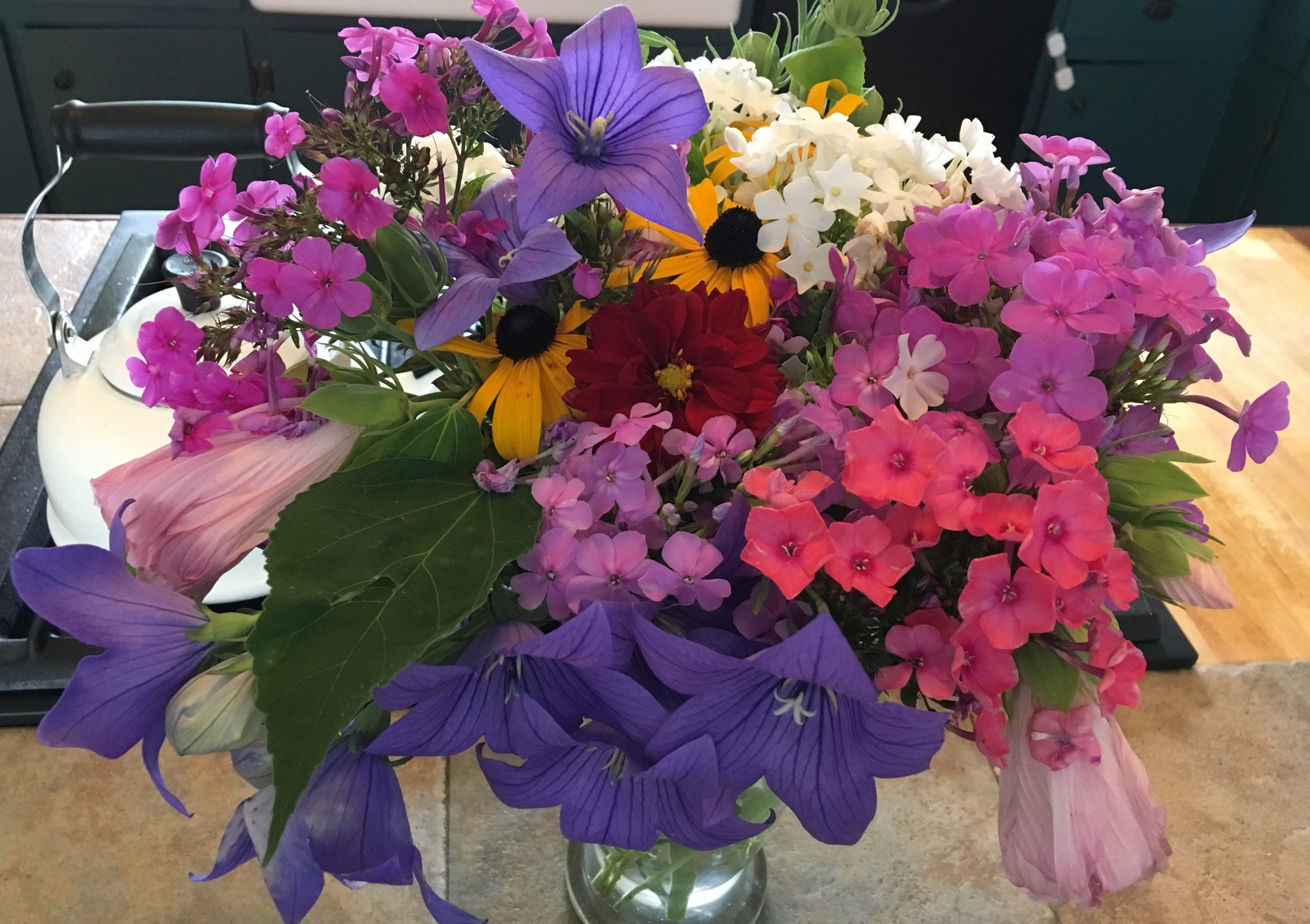My teaching is guided by curiosity about how writing and rhetoric work in the world. Because I teach writing and also teach about writing, I facilitate students’ learning about writing as both scholarly practice and subject. Every semester, I am re-engaged with my students as we puzzle over the effects or outcomes of writing—why, we wonder, do certain writers succeed or fail (online, in classrooms, in public)? In particular, my students and I explore linguistically diverse writing practices as skilled and beautiful, treating aberrations from standards or norms not as deficits but as rhetorical assets with powerful social effect.
Thus, when students leave my classroom at the end of a semester, they walk away with their own understanding of what writing is and the ways it is integral to their intellectual and everyday activities. With that knowledge, they optimally are able to use their writing knowledge in action-oriented ways, both for their own goals and, ever more urgently, to intervene in public mis/understandings about whose writing, in what languages and accents, counts as persuasive, educated, or valid. At the end of my courses, I hope students can use the writing and rhetorical strategies we’ve practiced together to connect the content of the class to the consequences of that content in the world.
I am fortunate to have been selected to receive the College of Humanities and Fine Arts Outstanding Teacher Award in 2017 and to have been nominated by my students for the University’s Distinguished Teaching Award, which I received in 2023.
University of Massachusetts Amherst
- Composition Theory—graduate, spring 2023
- Multilingualism and Literacy—undergraduate community-engaged course, spring 2018, fall 2018, spring 2022
- Writing and Language Ideologies—graduate, spring 2014, spring 2020
- Introduction to Teaching College Writing—graduate, 2016-2017, 2019-2020
- College Writing—undergraduate, fall 2016, fall 2019
- Writing Food: Literacy on Farms and in Gardens—undergraduate, fall 2018
- Research Methods in Writing Studies—graduate, spring 2014, spring 2018
- Writing and the Teaching of Writing—graduate, fall 2017
- Writing, Identity, & Power (formerly Basic Writing)—undergraduate, fall 2017
- Literacy Studies—graduate, spring 2017
- Tutoring Writing: Theory and Practice—undergraduate honors, fall 2012, fall 2013, fall 2014, fall 2015
- Multilingual Writing and Global Language Change—undergraduate, spring 2013
University of Wisconsin-Madison
- Literacy and Crisis—intermediate composition, spring 2010
- The Writing Food Project— service learning intermediate composition, spring 2009, fall 2009, fall 2008
- Academic Writing II—UW-Madison ESL Program, summer 2009
- Expository Writing—People Program writing seminar for first-generation college students, summer 2009
- Writing in Space and Place—first-year composition, spring 2008
- Public and Private Writing—first-year composition, fall 2007
- Writing Center Tutor—Outreach tutor 2008–2011, Community Writing Assistance tutor 2009-2011, Online synchronous and asynchronous tutor 2009–2010
San Francisco State University and Bay Area
- English 414—developmental writing, SF State English Department, spring 2007
- Beginning English Speaking—Even Start Adult Education Novato, CA summer 2005
- ESL Academic Writing Tutor, SF State Learning Assistance Center, 2004–2005
Universidad Tecnica de Machala, Instituto de Idiomas, Machala, Ecuador
- Advanced English Speaking and Writing (level 7), fall 2005, spring 2006
- Beginning English Grammar (level 1-2) spring 2006
- Intermediate English Grammar (level 5-6), fall 2005, spring 2006
- Teaching and assessing writing in English, teacher training course, spring 2006

